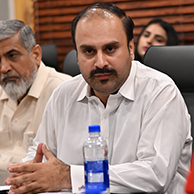The Effects of the Egyptian Reforms Experience on Achieving Sustainable Development in Egypt
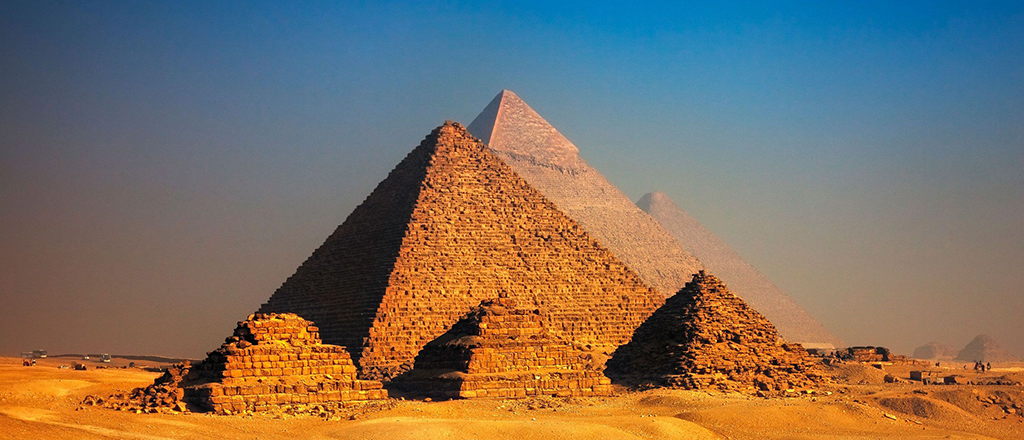
Introduction
Egypt is Africa's third largest economy and is classified by the World Bank as a lower-middle-income country. It has seen significant progress in many human development indicators but still experiences a number of challenges. According to the 2020 Human Development Report, Egypt ranked at a lowly 116th out of 189 states.
In 2019, Egypt's population crossed the 100 million milestone, with a majority residing in urban areas, particularly in the fertile Nile valley and delta, which make up about 4% of the nation's total arable land. Cairo is noted as the fastest-growing city globally. The swift population growth and urban expansion will place additional stress on the provision and accessibility of essential services like water and sanitation, especially for the 10 to 12 million Egyptians living in informal settlements within cities. Egypt is expected to face a severe water shortage by 2025, a particularly concerning situation considering Ethiopia's recent commencement of filling the extensive Grand Ethiopian Renaissance Dam (GERD) on the upper Blue Nile, upon which Egypt heavily relies for its water supply.
Egypt's economy has largely stabilized since the turbulent events of 2011. Recent macroeconomic reforms have bolstered its resilience, even in the midst of the COVID-19 pandemic. In 2019, the country's economy reached approximately US$348.8 billion in size, ranking it as the third-largest economy in Africa after Nigeria and South Africa. The GDP per capita in 2019 was approximately US$11,816 (adjusted for purchasing power parity, or PPP, using 2017 US$). By 2050, it is projected to rise to about US$19,910.
Egypt has implemented several economic and social reforms in recent years with the aim of promoting sustainable development. These reforms have had both positive and negative impacts, and their overall effectiveness in achieving sustainable development goals is a subject of ongoing debate. This article aims to offer a comprehensive examination of the reforms undertaken in Egypt and their influence on the prospects of achieving sustainable development.
History of Economic Reforms in Egypt
Egypt's economic reform journey began in 1991 as part of stabilization and structural adjustment programs. However, it gained more momentum with the appointment of Prime Minister Ahmed Nazif and his economic ministerial team in 2004, ushering in a more vigorous pursuit of reform that appeared to chart new courses. The government has introduced a series of reform measures and unveiled clear plans to revamp the financial sector, amend regulations, promote trade liberalization, and privatize the majority of state-owned enterprises.
As a result of reform efforts, Egypt has achieved economic stability, bolstered foreign currency reserves, and maintained consistent growth over the past three years. These reform programs have effectively modified the social contract that governs the relationship between the state, the market, and society. However, there has been limited progress, if any, in the fight against corruption and in establishing a competitive and enabling business environment. The existing institutional framework raises significant questions about the Egyptian economy's ability to sustain growth, generate decent employment opportunities for the unemployed, underemployed, and new labor market entrants, and alleviate widespread poverty. These shortcomings in addressing socioeconomic challenges and mitigating the adverse effects of economic reform are proving to be major obstacles to expediting the reform process in Egypt.
Undoubtedly, Egypt has embarked on a reform process that, while earnest, has been characterized by a gradual pace, particularly in the realm of public-sector reform. Simultaneously, this process has lacked coordination with sector-specific policies aimed at addressing various socioeconomic issues, such as those impacting different economic sectors, the informal economy, and small and medium-sized enterprises (SMEs).
The available evidence indicates that the outcomes of these reforms have yielded mixed results. While Egypt has succeeded in stabilizing its economy, achieving consistent growth, and increasing its foreign reserves, the nation continues to grapple with significant social and economic challenges. These include persistent issues like widespread poverty and unemployment, elevated inflation rates, a substantial public debt burden, and a reliance on remittances and external aid. Furthermore, there has been little to no notable progress made in the fight against corruption or in establishing a conducive and competitive business environment. Additionally, concerns about the sustainability of this economic growth are prominent, as much of the country's current economic upturn can be attributed to external factors.
The Egyptian economy has experienced robust growth in recent years, with real GDP growth rates of 4.1 percent in 2004, 4.5 percent in 2005, and a remarkable 6.8 percent in 2006. In nominal terms, exports surged from $7 billion in 2001/2002 to $18.4 billion in 2005/2006, marking a substantial 160 percent increase. As a percentage of GDP, exports more than doubled, rising from 7.6 percent to 17.3 percent. After posting deficits ranging from 1 to 3 percent of GDP between 1997 and 2000, the current account started to improve from 2001 onwards, achieving a surplus of 5 percent in 2003 and 2004, followed by a 2 percent surplus in 2005. This improvement was largely due to increased exports of petroleum products. The overall investment level reached 18.7 percent of GDP, while foreign direct investment increased to 6 percent of GDP, equivalent to $7.2 billion. The country's balance of payments also recorded surpluses, amounting to $1.8 billion in 2005 and $1 billion in 2006. These surpluses contributed to the Central Bank's ability to bolster its foreign reserves, which stood at $22.7 billion (excluding gold) by the end of October 2006.
In the latter part of 2008, a significant financial turmoil unfolded in the global economy, originating in the United States and subsequently spreading to Europe and other parts of the world. The adverse repercussions of this financial crisis had a profound impact on various aspects of the Egyptian economy. Egypt's growth rate experienced setbacks and potentially recorded its slowest annual growth in five years during 2008–2009. This was primarily due to the global crisis affecting income from tourism, remittances from migrant labor, revenue generated from the Suez Canal, export earnings, and investments. The severity of the crisis and the uncertainties it brought to the forefront underscored the immediate need for decisive measures to restore financial stability, lead the economic recovery, and ensure a sustainable future for the country.
Reforms and Sustainable Development (2011-2023)
In 2011, Egypt underwent significant political and social reforms as part of the Arab Spring movement, which led to the toppling of President Hosni Mubarak's regime. These reforms, while initially driven by demands for political change and democracy, had various implications for the sustainable development of Egypt.
Egypt's ability to govern and provide effective services has not matched its level of development. Unfulfilled expectations among the population can lead to potential social unrest and hinder sustained and fair economic growth. The events of 2011 underscored this issue and brought to light urgent concerns related to the rising cost of living, access to opportunities, public service delivery, and corruption. The quality of governance will play a pivotal role, either positively or negatively, in Egypt's prospects for development.
Despite improvements in human development indicators and consistent economic growth, the underlying tensions that sparked the 2011 protests persisted. Egypt's governance and service delivery lagged behind the expectations of a society that was becoming healthier and more educated. This discrepancy was evident in poorly targeted price subsidies and a growing economy that paradoxically struggled with high unemployment rates.
In recent years, Egypt experienced a period of political instability that had detrimental effects on its economy. However, there has been substantial progress in various economic indicators during 2013-2014, thanks to the government's implementation of reform measures and policies. These actions have played a significant role in restoring confidence in the Egyptian economy, both domestically and Internationally. One notable improvement was in the real Gross Domestic Product (GDP) growth rate. In the years 2014-2015, the GDP growth rate reached approximately 4.2%, marking a substantial increase compared to the period from 2010-2011 to 2013-2014, when the annual real growth rate ranged between 2.1% and 2.2%.
In 2015, Egypt witnessed a return to economic growth levels comparable to those before the 2011 period of political instability, with annual GDP growth roughly outpacing population growth. This positive trend, however, experienced a setback as growth decreased from 5.6% in 2019 to 3.6% in 2020 due to the COVID-19 pandemic. Remarkably, Egypt stood out as the sole oil-importing country in the MENAP region (Middle East, North Africa, Afghanistan, and Pakistan) that managed to expand its economy during this challenging period.
Egypt's reform program was primarily focused on addressing the persistent budget deficit, with the goals of reducing the public debt as a percentage of GDP and managing inflationary pressures. To achieve this, the government implemented several key policies, including the approval of a new law in 2016. These policies aimed to control the deficit by imposing limits on public sector wages and gradually deregulating fuel and electricity prices.
While these reforms effectively reduced the public budget deficit, the cash transfer initiatives established to shield vulnerable populations from the adverse effects of austerity did not reach many of those in need. Furthermore, for those who did qualify for assistance, the relief provided benefitted by these initiatives.
The emergence of the COVID-19 pandemic prompted the government to implement a new temporary policy aimed at expanding cash transfers to informal workers. While this measure was welcomed by experts, it also highlighted the underlying issue of the increasing informality in the labor market. Egypt's labor market requires more substantial structural changes beyond these temporary relief measures. The pervasive informality in the labor market reflects a broader trend of deindustrialization in the economy, posing risks not only to the sustainability of economic growth but also to the potential vulnerability of informal workers and their families to future crises, potentially pushing them further into poverty.
Recent economic shocks have highlighted the necessity for ongoing reforms aimed at tackling persistent issues and enhancing the government's role in facilitating private sector-led economic growth. The emergence of global financial market shifts, including increased interest rates in developed economies, along with recent geopolitical conflicts, has led to significant capital outflows from vulnerable emerging markets. Egypt, in particular, has been severely affected by these developments.
During the fiscal year 2022/23-24, Egypt's overall macroeconomic conditions are anticipated to face challenges due to simultaneous global shocks. However, there is optimism for improvement in the medium term as the country remains committed to implementing stabilization and structural reforms. It is essential to prioritize creating fiscal room to invest in the development of both human and physical capital, especially given Egypt's population, which exceeds 104 million.
Furthermore, it is crucial to emphasize the importance of continuing reforms, which should encompass enhanced trade policies and facilitation, along with broader enhancements in the business environment. Such reforms have the potential to unlock opportunities in the private sector, particularly in higher value-added and export-oriented sectors. This, in turn, can lead to job creation and an improvement in living standards.
Mega Development Projects in Egypt
The Egyptian government has initiated a series of large-scale national projects with the objectives of improving economic competitiveness, generating job opportunities, and attracting both foreign and domestic private investments. Involving the participation of over 1,000 companies and nearly two million Egyptian labourers, these national mega projects are ushering in a new era of economic advancement in Egypt.
New Delta ProjectEgyptian President Abdel Fattah al-Sisi has lauded the New Delta project as the country's most extensive initiative to date. Egypt's government is on the verge of achieving a historic feat by constructing the world's largest artificial river. As a key component of the New Delta Project, this man-made river will play a crucial role in securing Egypt's food supply and enabling the cultivation of approximately 2.2 million feddans of land in the Western Desert. Stretching over a length of 114 kilo meters, the river will provide essential water resources for agricultural purposes, drawing from a combination of agricultural drainage, groundwater, and surface water. The project's primary objective is to enhance agricultural production and create employment opportunities, particularly in rural areas. Beyond developing new arable land, it will also serve as a barrier against the encroachment of urbanization, safeguarding existing agricultural land.
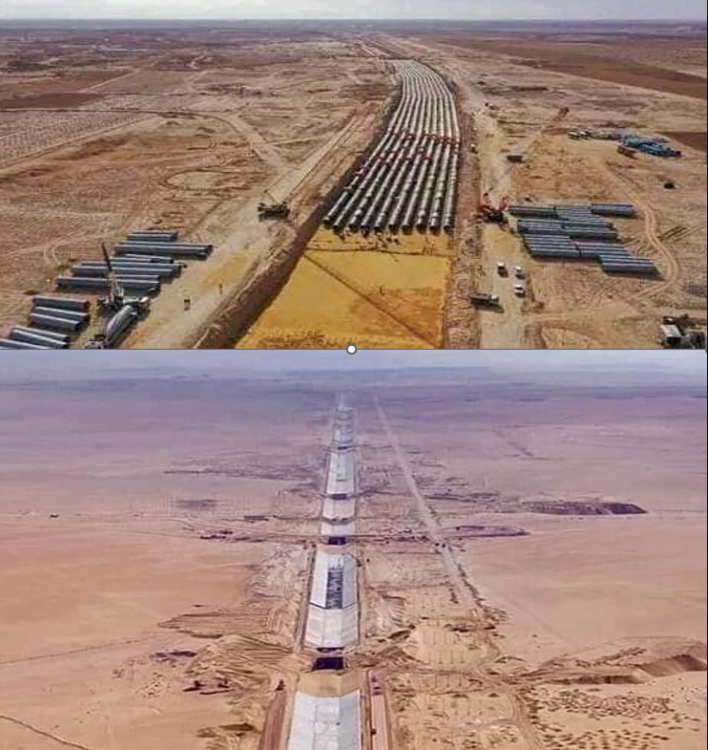
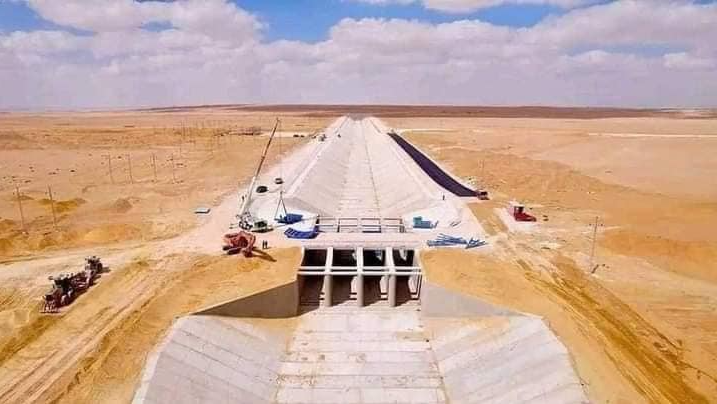
The New Suez Canal
In 2015, Egypt celebrated the completion of an $8.6 billion expansion of the Suez Canal, financed by the Egyptian people through investment certificates. This expansion has doubled the canal's daily capacity, allowing for two-way maritime traffic and reducing waiting times. The project has significant economic implications, boosting Egypt's role as a global commerce hub. This remarkable endeavor is a key component of President El Sisi's larger vision for modernizing and advancing Egypt's economy. In June 2018, Egypt's Suez Canal revenue for the 2017-2018 fiscal year rose 11.5 percent to a record high of $5.585 billion.
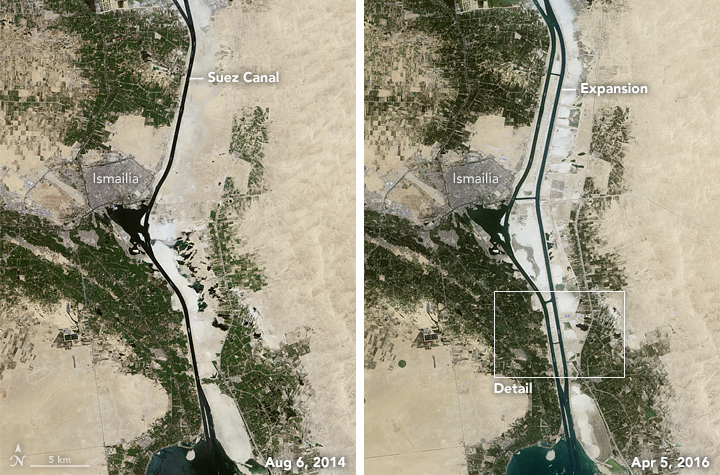
The Suez Canal Economic Zone
As part of the New Suez Canal project, Egypt is transforming a substantial area into an international commerce hub, connecting over 1.6 billion consumers across continents to Egypt's growing market. During February 2018, President El Sisi unveiled a substantial commitment of EGP 275 billion aimed at advancing Sinai's economy and enhancing security. This comprehensive plan encompasses the construction of 47 new schools and four central hospitals. This initiative is expected to create one million new jobs for the residents of the Sinai Peninsula.
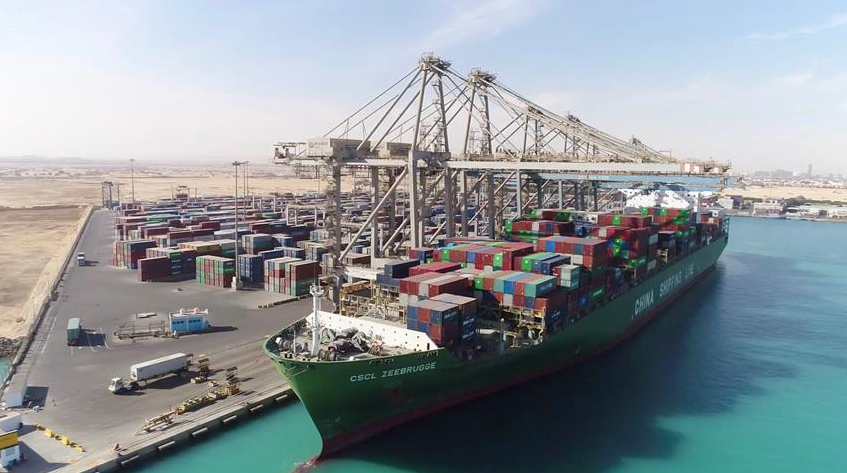
Establishing New Cities
Egypt is developing several new cities, including the New Administrative Capital, New Ismailia City, Aswan City, Mansoura City, Salam Misr City, New Alamein City, and an Integrated City at Al-Galala. These cities aim to accommodate Egypt's rapidly growing population and improve infrastructure, with the New Administrative Capital, in particular, designed to house seven million people and featuring various districts for government, business, education, and more. The initial stage of the New Capital was officially launched by President Abdel-Fattah El Sisi in October 2017. This phase is an integral component of a broad development strategy aimed at accommodating Egypt's fast-growing population and enhancing the nation's infrastructure. Anticipating a surge in Greater Cairo's population, which is expected to increase from 18 million to 40 million by 2050, this plan seeks to address the urban expansion and infrastructure needs.
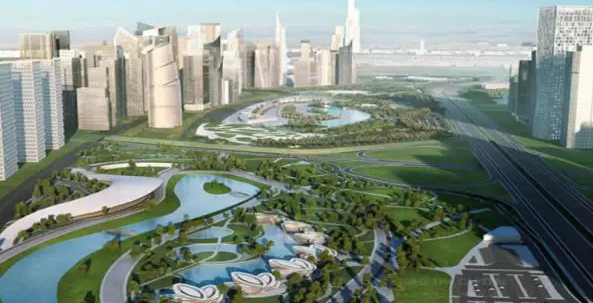
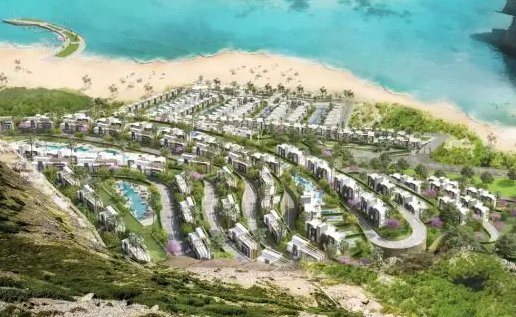
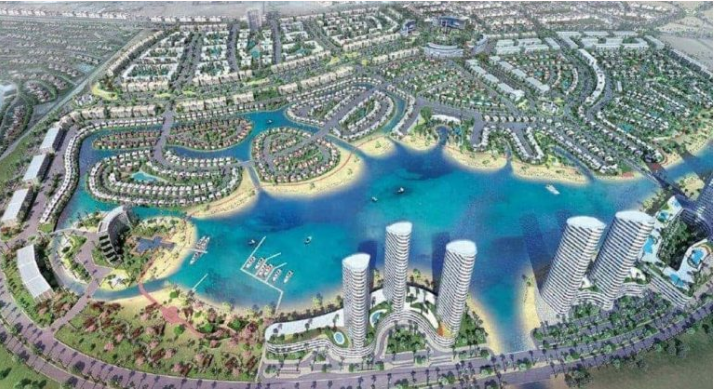
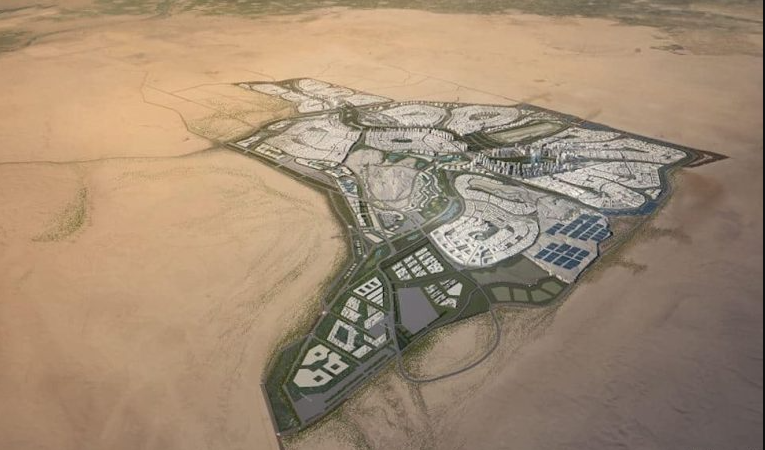
Energy Development and Transformation
Egypt has made significant strides in energy development, including the operation of the massive Zohr gas field and plans for the world's largest solar array at the Benban Solar Park. Additionally, new power plants and wind power parks have been constructed to add substantial capacity to Egypt's national grid. In July 2018, the Ministry of Electricity and Renewable Energy in Egypt, in collaboration with Siemens, unveiled the successful conclusion of construction for new power facilities located at Beni Suef, Burullus, and the New Administrative Capital. These newly established power plants are expected to contribute 14.4 gigawatts (GW) of capacity to Egypt's national electricity grid, ensuring a consistent and dependable power supply for up to 40 million people. Furthermore, the project encompasses the establishment of 12 new wind power parks, featuring around 600 wind turbines.
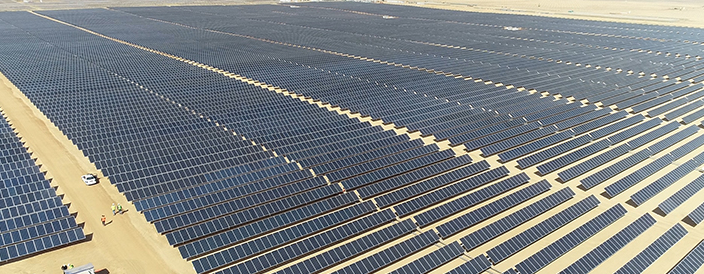
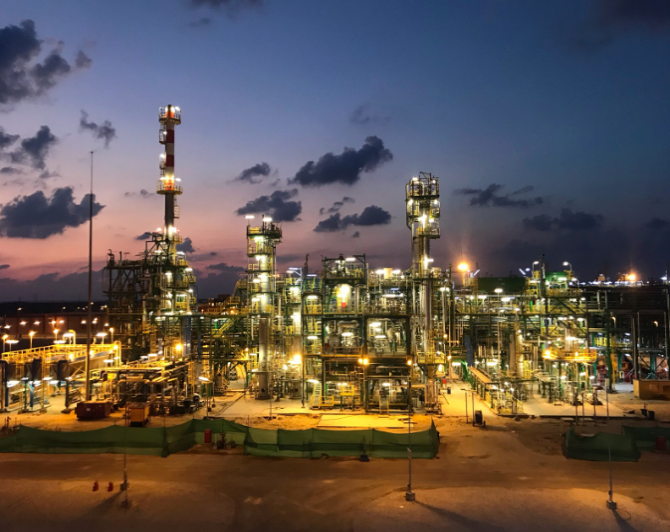
New Roads and Transport Infrastructure
Egypt's National Road Project is adding thousands of miles of new highways and roads, with the third phase focusing on Upper Egypt. Plans for a high-speed railway linking the Mediterranean and the Red Sea are in progress. Built in cooperation with the private sector, the railway project will be Egypt's largest.
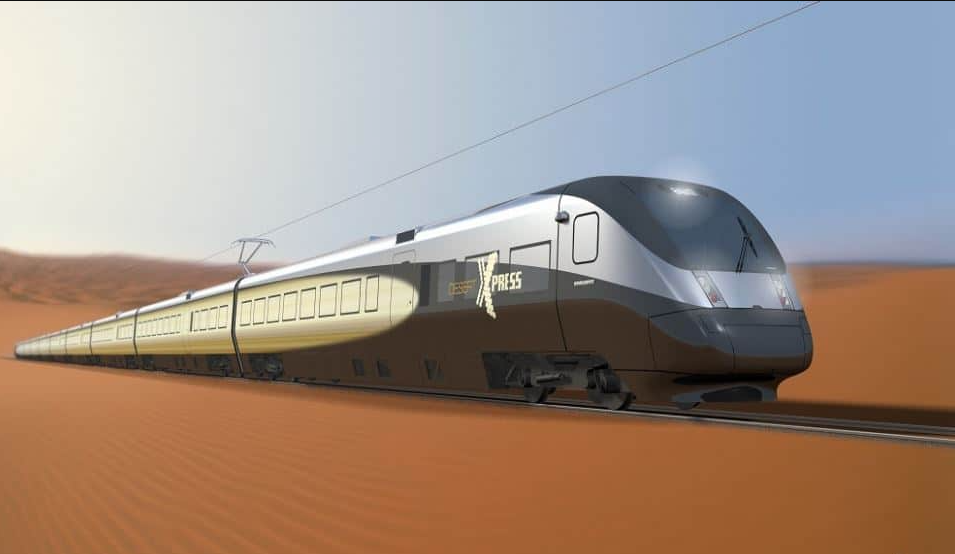
The Cairo Metro
The Cairo Metro is a vital rapid transit system serving Greater Cairo, Giza, and other surrounding cities. offering affordable transportation and alleviating traffic congestion. It consists of three operational lines and multiple extensions and new lines under construction, contributing significantly to the transportation needs of the region.
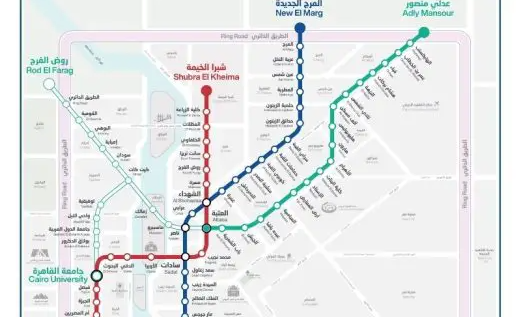
Bardawil International Airport
Situated in the central Sinai region at El-Meliz, the airport covers an area of 11 square kilometers, catering to various industrial zones such as cement factories, marble quarries, as well as the agricultural and fishing sectors throughout the Sinai. The airport's construction incurred an expenditure of EGP 860 million.
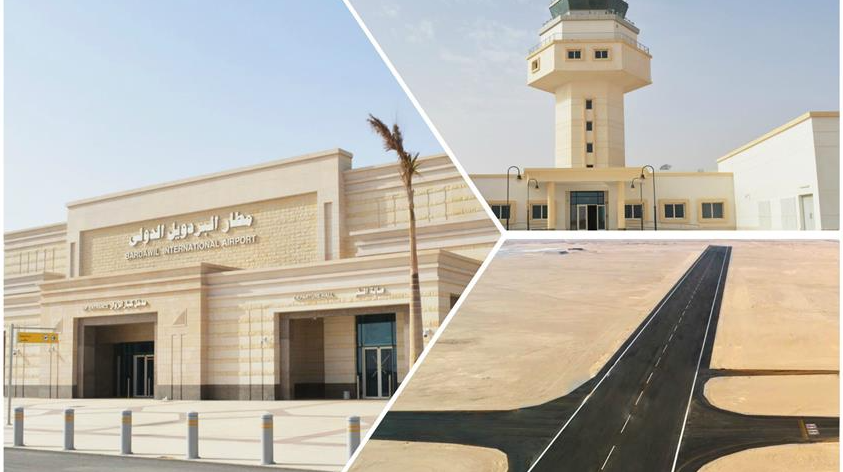
Dabaa Nuclear Power Plant Project
The Dabaa Nuclear Power Plant initiative marks Egypt's inaugural venture into nuclear power, with its proposed location in El Dabaa, Matrouh Governorate, positioned approximately 130 kilometers northwest of Cairo. This energy undertaking will be executed in collaboration with Rosatom within Egypt. The power plant is designed to mirror Russia's Leningrad Nuclear Power Plant, boasting a substantial 4,200 MW capacity, responsible for supplying 50% of the energy consumed in Saint Petersburg and the Leningrad Region. This plant is expected to house four VVER-1200 reactors, positioning Egypt as the sole nation in the region with a Generation III+ reactor. The project is progressing through a partnership with Russia's state-owned nuclear firm, Rosatom, which will provide the requisite technology, expertise, and fuel necessary for the nuclear facility.
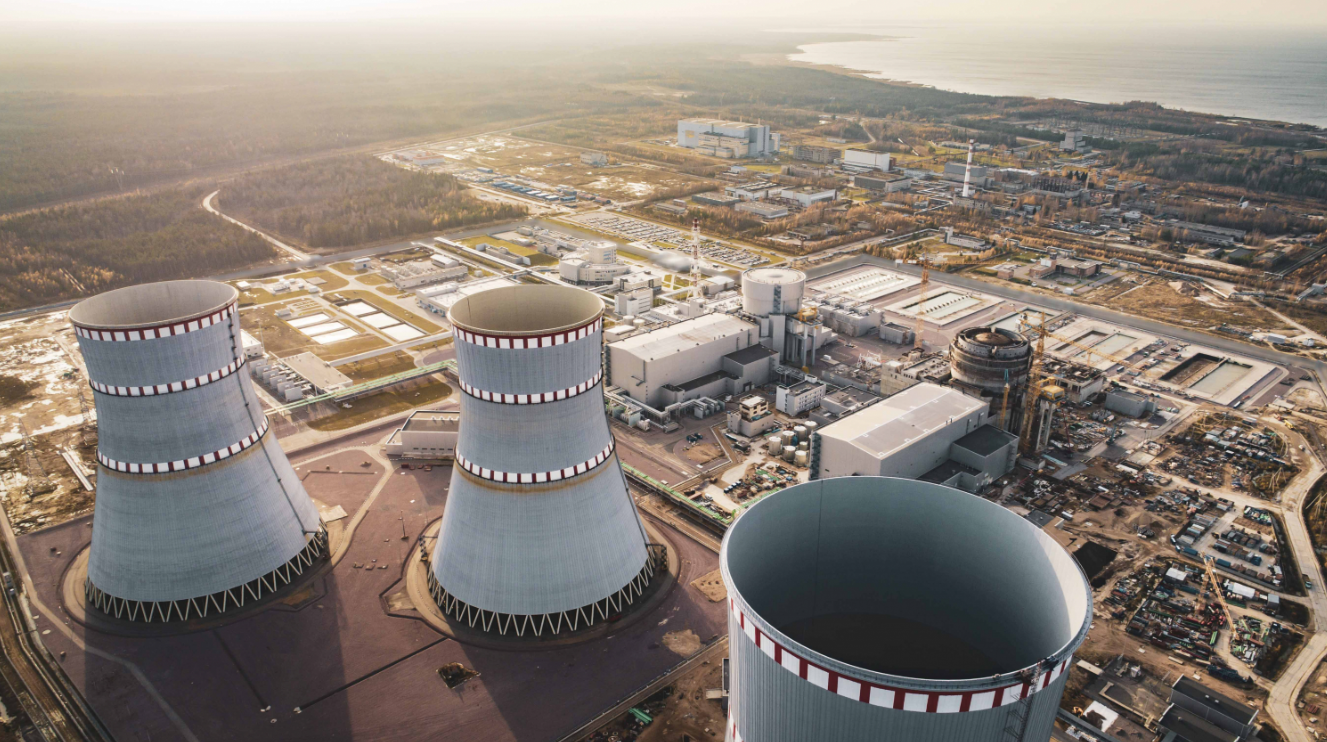
Robbiki Leather City
The Robbiki Leather Cluster is a comprehensive industrial complex centered on the tanning and leather sectors, spanning an extensive area of approximately 6,841,800 square meters, divided into three distinct and interlinked phases that encompass the entire leather industry manufacturing process and its associated products. This cluster stands as a significant national endeavor in Egypt. It holds the distinction of being the most substantial environmentally-friendly industrial cluster dedicated to the leather industry in the Middle East and Africa, adhering to global standards and regulations. This project serves as a unique and unparalleled hub in the Middle East and Africa.
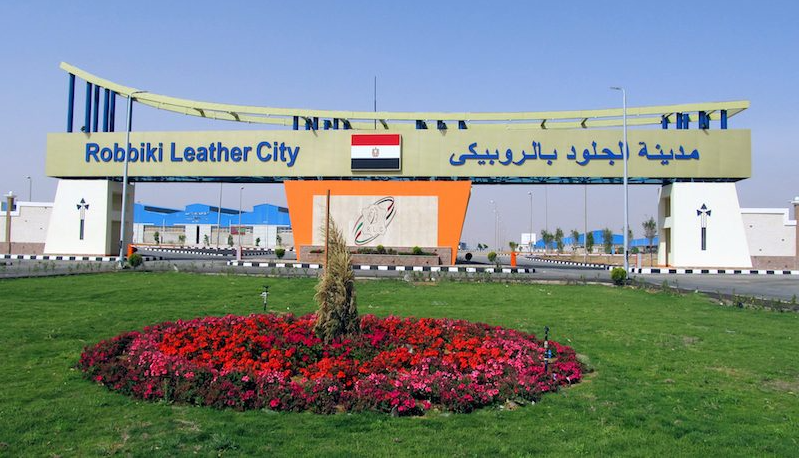
Al Mahsama Agricultural Drainage Treatment Plant
President Abdel Fattah El Sisi has formally inaugurated the Al Mahsama agricultural drainage treatment, recycling, and reuse plant in Ismailia Governorate. This remarkable project boasts a staggering daily capacity of 1 million cubic meters and occupies an area of 42,000 square meters, making Al Mahsama the largest facility of its kind worldwide. Al Mahsama is a crucial component of Egypt's comprehensive strategy to bolster its water security, encompassing wastewater treatment, desalination, and the conservation of natural water resources. The plant's daily processing capacity will play a significant role in preserving the natural ecosystem of Al Temsah Lake, situated to the west of the Suez Canal, which has been adversely affected by wastewater disposal.
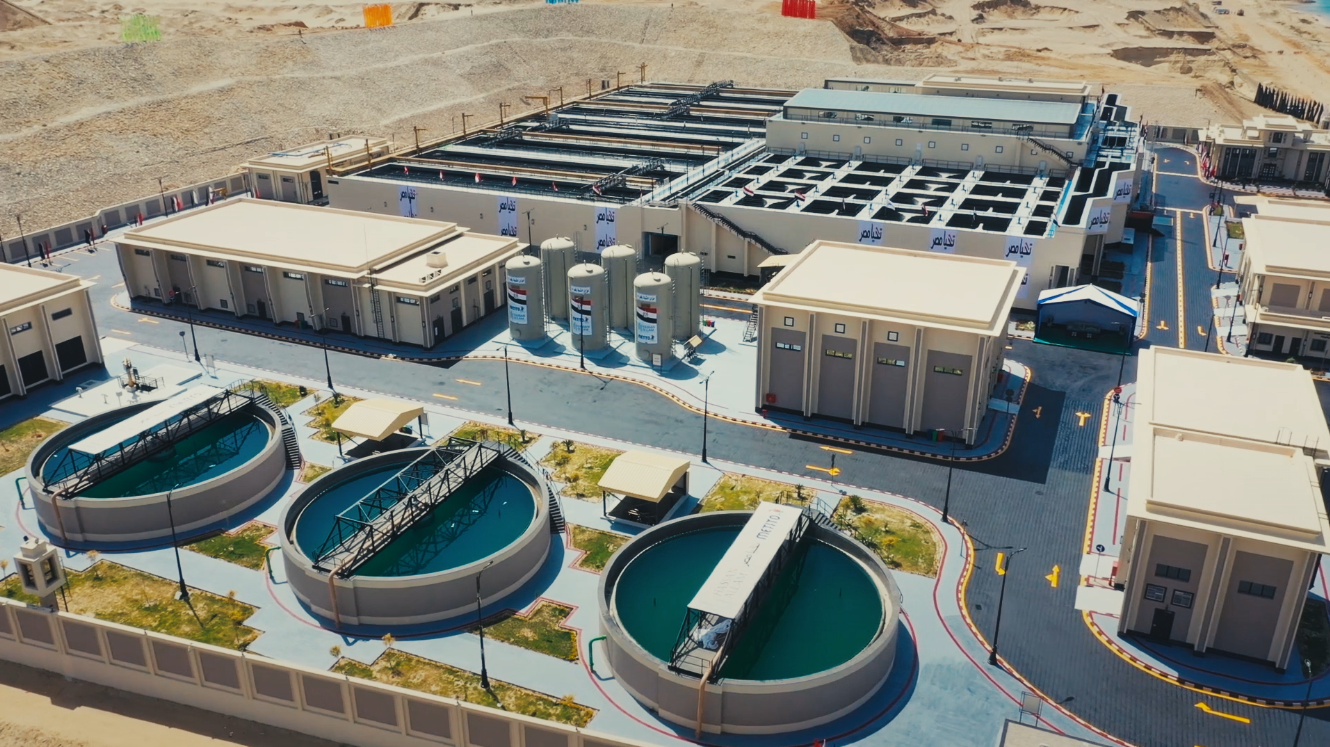
Silo Food City
Silo Foods Industries is poised to manufacture approximately 500,000 tons of food products on an annual basis, which will be exported to around 13 Arab and African nations. This unique venture stands as the first and sole food industrial city in the Middle East, with a core objective of delivering a diverse array of high-quality food products that adhere to rigorous standards. In a remarkable feat, Silo Foods Industries has earned a place in the Guinness World Records for achieving the highest rate of school meal distribution, distributing a staggering 600 million meals throughout the 2022 academic year. The project encompasses room for future expansions, covering 120 acres and housing 18 central warehouses with a collective capacity of roughly 55,000 tons. This initiative embodies a concept of mutual synergy, capitalizing on agricultural projects in the southern region of the valley, particularly the cultivation of wheat and the animal and dairy production efforts in Nubariya and Sadat City. The overarching goal is to attain anticipated economic benefits and fortify Egyptian food security, all while adhering to stringent environmental and health prerequisites.
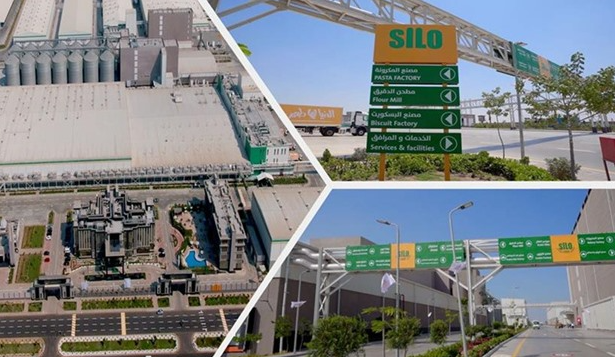
National Greenhouse Project
Inaugurated by President Abdel Fatah Al Sisi, the extensive initiative encompasses more than 7,000 agricultural projects conducted in partnership with Chinese and Spanish companies, in collaboration with the National Company for Protective Cultivations. The primary aim is to establish greenhouses that are projected to yield approximately 1.5 million tons of vegetables annually. This undertaking is also anticipated to create a minimum of 75,000 job opportunities, quadruple food production, and enhance the efficient utilization of irrigation water. Additionally, the project's focus on sustainable food production is expected to contribute to price stability for these agricultural products on a national scale. Concurrently, the launch of this project coincides with the establishment of the world's largest date farm in Egypt, featuring the planting of over 2,500,000 date palms.
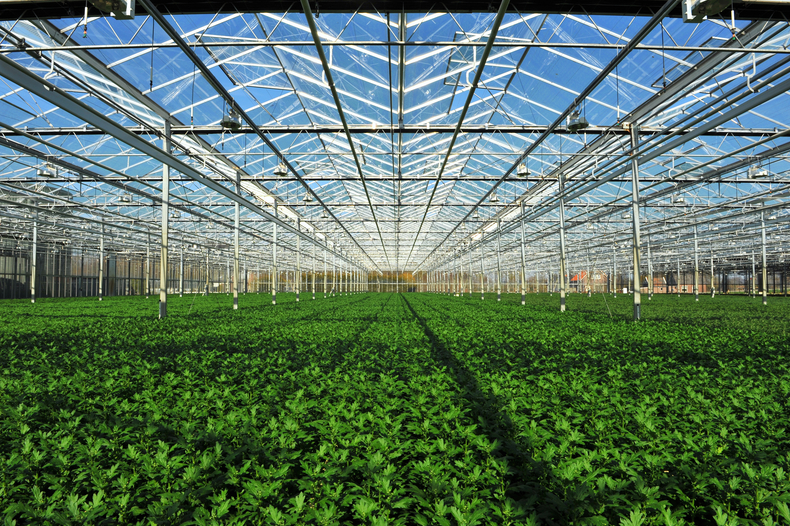
The Sustainable Development Strategy of Egypt, represents a pivotal milestone in Egypt's expansive development journey, establishing a bridge between the present and the future, drawing inspiration from the accomplishments of ancient Egyptian civilization. By the year 2030, Egypt aspires to become a nation with a competitive, well-balanced, and diversified economy built on knowledge and innovation, founded on principles of justice, social inclusivity, and active participation. It aims to cultivate a diverse and harmonious ecosystem, leveraging local talents and citizen engagement to attain sustainable development and enhance the overall quality of life for all its residents. Furthermore, through this strategy, the government envisions elevating Egypt to a position within the top 30 nations worldwide in terms of economic development metrics, anti-corruption efforts, human development, market competitiveness, and the overall quality of life.
Conclusion
Egypt, as a lower-middle-income country, has faced a range of economic and social challenges while striving for sustainable development. It has undertaken various economic reforms over the years, starting in the early 1990s and gaining momentum in the mid-2000s, with a focus on stabilizing the economy, liberalizing markets, and attracting foreign investment. These reforms have achieved favourable results for Egyptian’s economy. Egypt has achieved economic stability, consistent growth, and increased foreign reserves. The fight against corruption and the improvement of the business environment have also seen progress. Recent global economic shocks, coupled with geopolitical conflicts, have posed additional challenges for Egypt's economy. However, the government of the country remains committed to implementing reforms to address these challenges and create a more conducive environment for private sector-led growth. The importance of fiscal space and continued reform efforts, including trade policies and business environment improvements, cannot be overstated in achieving sustainable development and improving living standards for Egypt's large population. Despite facing these challenges and global upheavals, Egypt has achieved remarkable economic growth. They have implemented reforms and policies to address these obstacles, demonstrating their unwavering commitment to confronting any challenge in the pursuit of their nation's betterment. Both the Egyptian government and its citizens express a sense of optimism regarding these reforms in place, and they are resolute in their commitment to realizing their future sustainable development objectives. Developing nations grappling with economic and social challenges should consider Egypt's policies and reforms as a model to address these issues and achieve prosperous growth.
His strategic vision and unwavering commitment to excellence have been instrumental in driving our company's growth and success. Zaildar Ahsan shah is not only a visionary leader but also a dedicated advocate for our team, fostering a culture of innovation, collaboration, and continuous improvement. Under his guidance, our company has not only met but exceeded its goals, positioning us as a market leader in Elaan Research centre.





